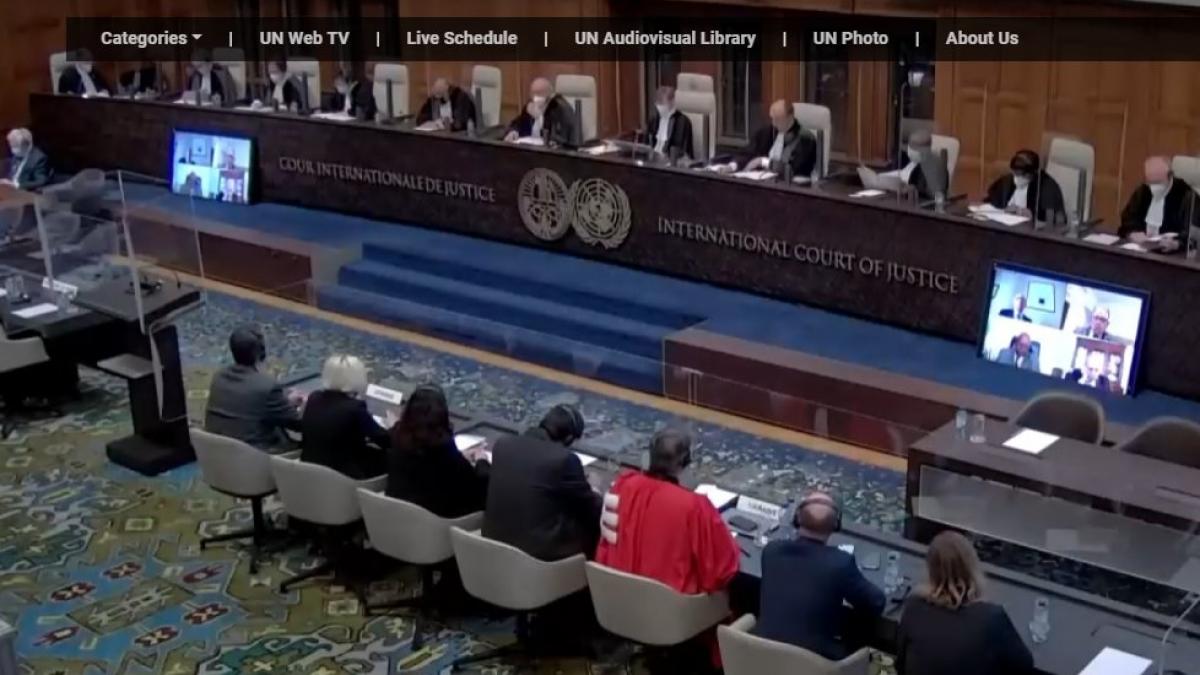Russian firms rush to open Chinese bank accounts amid sanctions over Ukraine: report
The Moscow branch of a Chinese state bank has seen a surge in enquiries from Russian firms wanting to open new accounts, a person familiar with the matter said, as the country’s businesses struggle with international sanctions after its invasion of Ukraine.
“Over the past few days, 200-300 companies have approached us, wanting to open new accounts,” the person, who works at the Moscow branch of a Chinese state bank and has direct knowledge of its operations, told Reuters.
He declined to be named or have his bank identified as he is not authorized to speak with media.
It was not clear how widespread Russian demand for new accounts at Chinese banks was, but the banker source told Reuters many of the companies seeking new accounts do business with China and that he expected yuan transactions by such firms to increase.
Western governments are shutting off Russia’s economy from the global financial system, pushing international companies to halt sales, cut ties and dump tens of billions of dollars’ worth of investments.
China has repeatedly voiced opposition to the sanctions, calling them ineffective and insisting it will maintain normal economic and trade exchanges with Russia.
A handful of Chinese state banks operate in Moscow, including Industrial & Commercial Bank of China, Agricultural Bank of China, Bank of China and China Construction Bank.
China Construction Bank declined to comment. The other three Chinese state banks did not respond to Reuters’ request for comment.

A Chinese businessman with long-term ties with Russia, who also did not want to be identified, said several Russian companies he works with are now planning to open yuan accounts.
“It’s pretty simple logic. If you cannot use U.S. dollars, or euros, and U.S. and Europe stop selling you many products, you have no other options but to turn to China. The trend is inevitable,” the source told Reuters.
As a growing number of Western companies abandon Russia, the willingness of emerging market giants such as China to sustain business relations with Moscow highlights a deep rift over Europe’s biggest crisis since the World War Two. That trend could threaten to chip away the dominance of the U.S. dollar in global trade.
FESCO Transportation Group, a major Russian transport and logistics company, said this week it will accept Chinese yuan from customers, after some Russian banks were kicked out of the global financial messaging system SWIFT.
“It’s natural for Russian companies to be willing to accept yuan,” said Shen Muhui, head of a trade body that promotes links between Russia and China.
But small Chinese exporters are suffering from a tumble in the rouble and many are suspending deliveries to avoid potential losses, he said.

The Russian currency dived to a record low of more than 17 rouble to the yuan on Wednesday, having lost nearly 40 per cent of its value against the Chinese unit over the past week.
“Companies will be switching to yuan-rouble business but in any case things will become two, three or four times more expensive for Russians because the exchange rate between the yuan and rouble is also changing,” said Konstantin Popov, a Russian entrepreneur in Shanghai.
Shen said Russian demand for Chinese goods will nevertheless grow in the long term. “The key is to solve trade settlement issues” in the face of sanctions, he said.
(Reporting by Samuel Shen and Andrew Galbraith Editing by Vidya Ranganathan and Sam Holmes)







